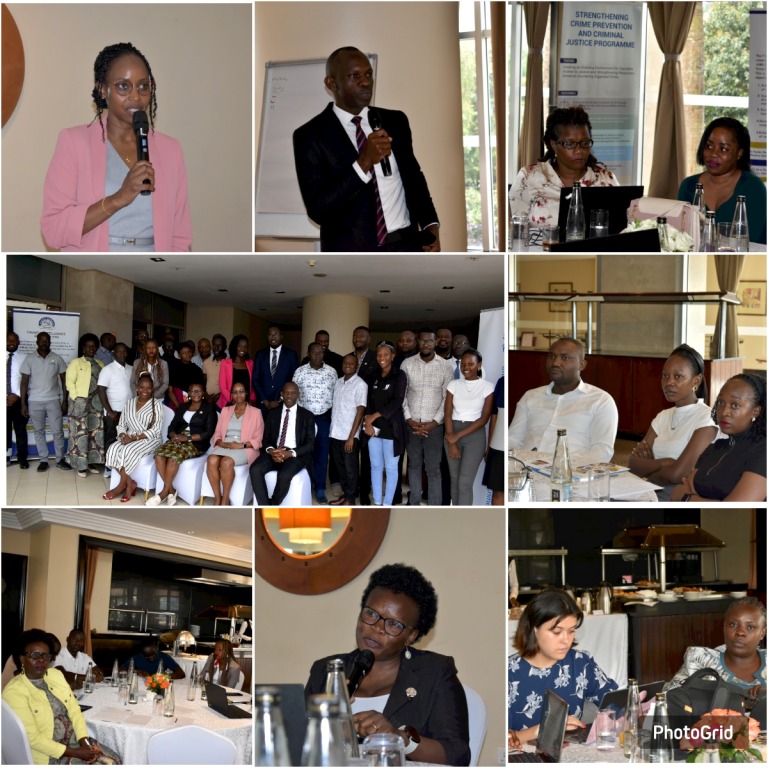(Kampala) – The Uganda Revenue Authority (URA) and the Financial Investigations Authority (FIA) recently hosted a workshop at Sheraton Hotel in Kampala aimed at improving the investigation and prosecution of tax crimes and money laundering in Uganda. This event was conducted in partnership with the United Nations Office on Drugs and Crime (UNODC).
In Uganda, the Anti-Money Laundering Act (AML Act) was enacted in 2013, marking a significant step in criminalizing money laundering, which was previously not addressed under Ugandan law. The FIA was established a year later, in July 2014, to enhance the country’s capabilities in combating financial crimes.
Money laundering and tax crimes typically involve the concealment or disguise of illegal or taxable proceeds, enabling offenders to enjoy the benefits of their illegal activities while evading sanctions and confiscation. The money laundering process generally comprises three stages: placement, where criminal proceeds are deposited into financial institutions or used to acquire assets; layering, involving complex schemes to obscure the source of funds; and integration, where the illicit funds are introduced into the formal economy, often through luxury purchases, such as real estate.
A report released by the FIA covering the period from 2017 to 2021 revealed that a total of 979 criminal investigations had been carried out, resulting in 379 prosecutions and convictions involving URA and FIA. Additionally, UGX 600.86 billion in illicit proceeds were confiscated, with UGX 8 billion recovered through requests from Members of the Legislative Assembly (MLA).
The report also indicated that tax crimes ranked as the second highest source of illicit proceeds in Uganda, following corruption. Value Added Tax (VAT) fraud emerged as the most common form of tax crime, often facilitated by false declarations and fictitious invoices, particularly within the informal cash-based economy.
Catherine Donovan Kyokunda, the Commissioner for Legal Services and Board Affairs, addressed the workshop attendees, stating that Uganda’s economy is growing rapidly and emphasizing the need for URA and FIA to enhance their efficiency in fighting money laundering. She pointed out that corruption is a significant driver of money laundering in the country, influencing the real estate market and contributing to rising property values.
“As URA, we have much work to do as we automate our systems. We possess substantial information on taxpayers, which can be shared collaboratively with FIA to jointly tackle these emerging tax crimes,” Donovan stated.
In addition, a representative from the FIA encouraged URA and FIA to conduct joint investigations into money laundering cases, highlighting the potential for collaboration to expand the tax base and effectively prosecute related offenses.
Table: Key Statistics on Financial Crimes in Uganda (2017-2021)
| Indicator | Value |
|---|---|
| Total Criminal Investigations | 979 |
| Prosecutions and Convictions | 379 |
| Total Confiscated Proceeds (UGX) | 600.86 billion |
| MLA Recovery Requests (UGX) | 8 billion |
| Rank of Tax Crimes (after corruption) | 2nd |
| Common Type of Tax Fraud | VAT Fraud |




















